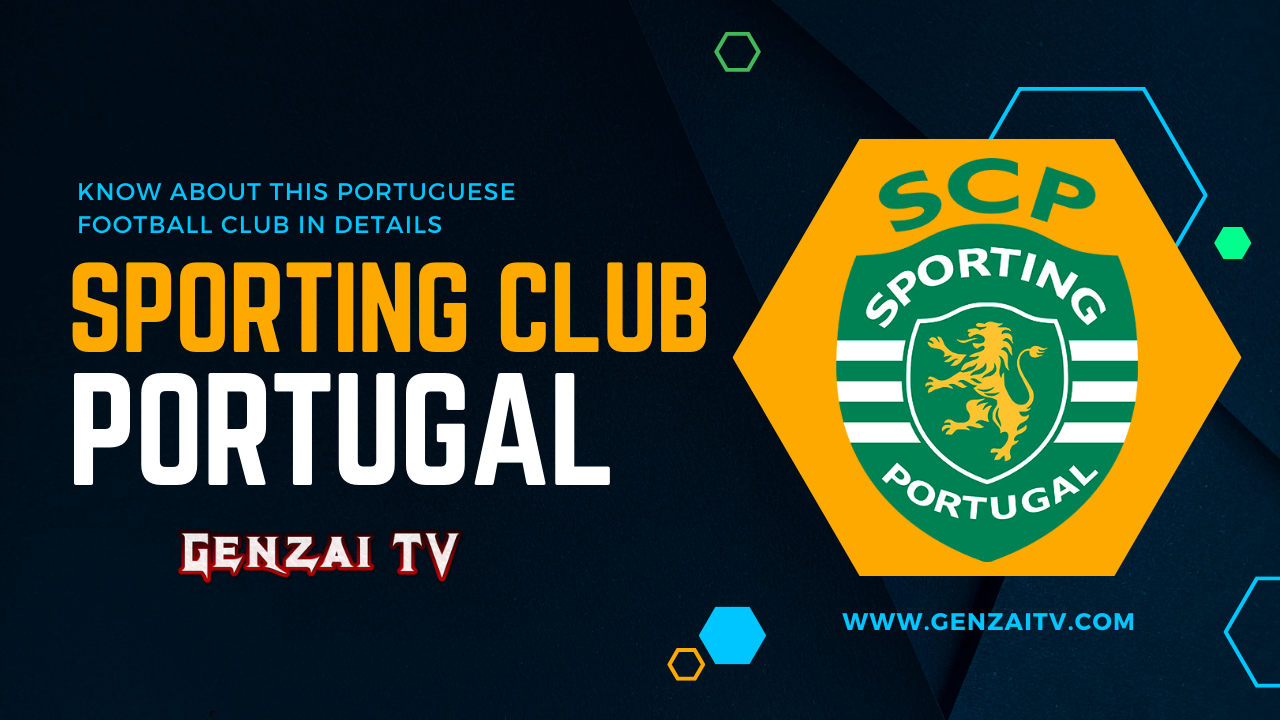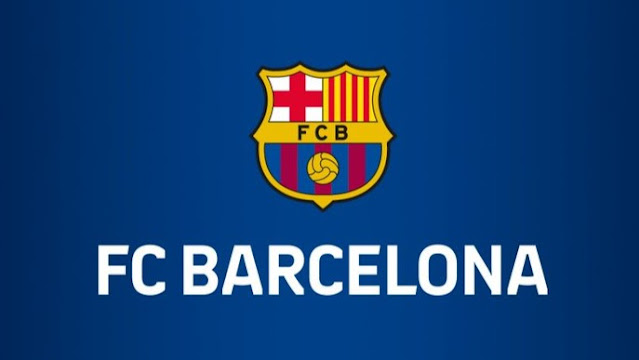Sporting CP: A portugese Football Club - Everything you need to know
Sporting Clube de Portugal is a Portuguese sports club with headquarters in Lisbon. It can also be called Sporting CP, Sporting (mostly in Portugal), or Sporting Lisbon in other countries. It is best known for its men's professional football team playing in the Primeira Liga, the highest level of Portuguese football.
Sporting, which was founded on July 6, 1906, is one of the "Big Three" teams in Portugal that has never been relegated from the Primeira Liga, along with rivals Benfica and FC Porto. Sporting is referred to as Leões (Lions) for the symbol in the middle of the club's crest and Verde e Brancos (Green and Whites) for the shirt colour with horizontal stripes. The club's anthem is "A Marcha do Sporting" ("Sporting's March"), which was composed and sung by Maria José Valério in 1955. The people who support the club are called sportinguistas. With approximately 150,000 members, Sporting is the second-largest sports club in Portugal and one of the world's largest. Also, it ranks among the top three football clubs in Portugal.
With 54 major trophies, Sporting is the third most decorated Portuguese football team। They have won 19 league titles, 17 Taças de Portugal, and a combined record of 4 Campeonato de Portugal, 4 Taças da Liga, and 9 Supertaças Cândido de Oliveira in their home country. They won the European Cup Winners' Cup in 1963–64 and were runners-up in the UEFA Cup in 2005. On September 4, 1955, Sporting played their first European Champions Cup match by invitation. They have also played in the majority of editions of the UEFA Cup/UEFA Europa League, where they have played and won the second most matches and are second in the all-time club ranking.
Frederico Varandas' administration began to renovate and modernise the club's facilities for the 2022–2026 quarter. In a statement to the Portuguese Securities Market Commission (CMVM), Sporting Clube de Portugal and Sporting Clube de Portugal-Futebol, SAD, announced that they had completed a financial restructuring in December 2023. This was based on earlier agreements with creditors that were initiated by Bruno de Carvalho. There was also a renegotiation of bank debt, which included "extinguishing the debt originally belonging to Novo Banco, S.A. (with an outstanding capital of 35,403,508.62 euros), with the exception of fin A debt belonging to Millennium BCP। Furthermore, Sporting Clube de Portugal announced that from February 15, 2024 onwards, it would own 88 percent of Sporting Clube de Portugal—Futebol, SAD—instead of the 83.9% it had at the time. When the restructuring is finished, the club intends to launch a new strategic financial plan and attract a minority investor to its football club.
Mottos, crests and names
Motto:
Sporting CP's motto has been "Effort, Dedication, Devotion, and Glory" since its founding.
Given the number of titles its teams and athletes have won, including in the Olympic Games, Sporting CP, a multi-sports club, has described itself as "Portugal's biggest sporting powerhouse" (a maior potência desportiva de Portugal).
Crests:
The Viscount of Alvalade got the stylized rampant lion on the crest from Dom Fernando de Castello-Branco, who was the mayor of Cascais and the main promoter of football at Sporting Club de Cascais (also called Sporting Club da Parada at the time). Castello-Branco, on the other hand, insisted that the new sports club's colour not be blue because that colour was already used by Sporting Club da Parada. Throughout its history, the club's emblem has been updated to reflect its evolution, which has led to the creation of a number of crests that correspond to the club's past. The rampant lion and the green have always been visible in all of them. Sporting has had five emblems since its founding on July 1, 1906, in addition to two commemorative crests for the club's fiftieth (1956) and hundredth years of existence (2006).
Previous Sporting's crests:
In 2001, Sporting CP drastically changed its emblem to convey a message of modernity and was more focused on new technologies. The current emblem maintains the green colour in the shield and has three horizontal white stripes that represent the club's shirt. It also has a simplified framing. Completed with the words 'Sporting' and 'Portugal', now written in full, they highlight the club's nationality and clarify its name globally. On top of the shield is a golden rampant lion with the acronym "SCP," which stands for the club's name (Sporting Clube de Portugal), crowned।
Names:
Founded on July 1, 1906, the newly formed sports club was initially called Campo Grande Sporting Club (after Campo Grande) for two months before taking its final official name of Sporting Clube de Portugal. Currently, the club is referred to by UEFA and FIFA in its official full name or as "Sporting CP," a shortened form of the name. Because it does not match the official name of the sports club and its brand value, the term "Sporting Lisbon," which is commonly used by foreign media and non-Portuguese people to refer to Sporting CP outside Portugal, has been a source of contention and controversy for some sportinguistas. Regarding this issue, club supporters and officials have campaigned to educate people nationwide and internationally. In 2001, the club changed its official crest by focusing on the name of the club and its words "Sporting" and "Portugal."
Stadium:
Sport has had many roots throughout its history. The first, "Sítio das Mouras," was opened on July 4, 1907. At the time, it was a modern facility with changing rooms with individual lockers and showers and baths. A grass playing field for football and two tennis courts were included. It had an athletic track and was considered luxurious. The Estádio do Campo Grande (1917–1937) and the Estádio do Lumiar (1937–1956) followed. Estádio José Alvalade was first opened in 1956. Sporting played there until 2003, when the stadium was destroyed.
For the 2004 UEFA Euro, Portugal built a new stadium, Estádio José Alvalade. Alvalade XXI, a larger complex designed by Tomás Taveira, opened on August 6, 2003, and featured a shopping mall, cinemas, a health centre, office space, residential areas, the club's museum, an official club store, and other infrastructure. The opening game ended with a 3-1 victory over Manchester United in a friendly game that marked Cristiano Ronaldo's departure from Sporting CP. At the 2005 UEFA Cup Final, then-UEFA president Lennart Johansson gave the stadium a "five-star" certificate. The stadium can accommodate 50,095 people.
The multisports arena, Multidesportivo Sporting, is next to the stadium proper in a five-floor, semi-detached building. During the 2019–20 UEFA Champions League season, the stadium hosted the quarter-finals and semi-finals matches.





